Showing 1-15 of 53 results

Department News
Yan Zhang, PhD, Jeanne Stuckey, PhD, Markus Ruetz, PhD, Michael Cianfrocco, PhD, and Wei Cheng, PhD, have been promoted.

Health Lab
The newest version of the heparin reversal drug, described in a recent issue of Advanced Healthcare Materials, adjusted the number of protons bound to it, making the molecule less positive so it would preferentially bind to the highly negative heparin, resulting in a much safer drug.
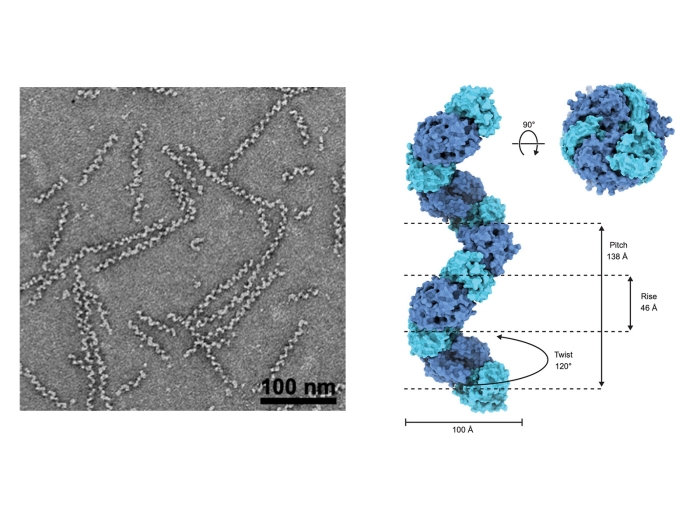
Department News
Recent research achievements from the Giessen lab.

Medical School News
Four with Medical School ties are among 12 University of Michigan faculty and staff members recognized by the American Association for the Advancement of Science (AAAS) as 2023 fellows in recognition of their extraordinary achievements.

Health Lab
New map of the ovary provides a deeper understanding of how oocytes interact with the surrounding cells during the normal maturation process, and how the function of the follicles may break down in aging or fertility related diseases.
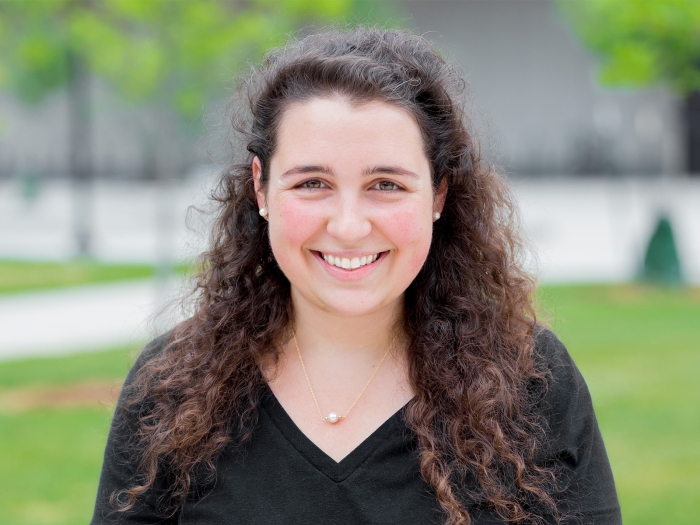
Department News
Dr. Meredith Skiba will join the faculty of the Departments of Biological Chemistry and Pharmacology at U-M Medical School in 2025.

Health Lab
At-home test can detect tumor DNA fragments in urine samples, providing a non-invasive alternative to traditional blood-based biomarker tests

Health Lab
A new collaborative study, examined the interaction between three naturally occurring gases — nitric oxide (NO), oxygen, and H2S — during generation of new blood vessels, called angiogenesis.

Health Lab
How lipid mediators -- potent regulators of the immune response after an injury -- varied with the acute loss of a large volume of skeletal muscle, also known as volumetric muscle loss (VML) is the focus of new research from the University of Michigan.
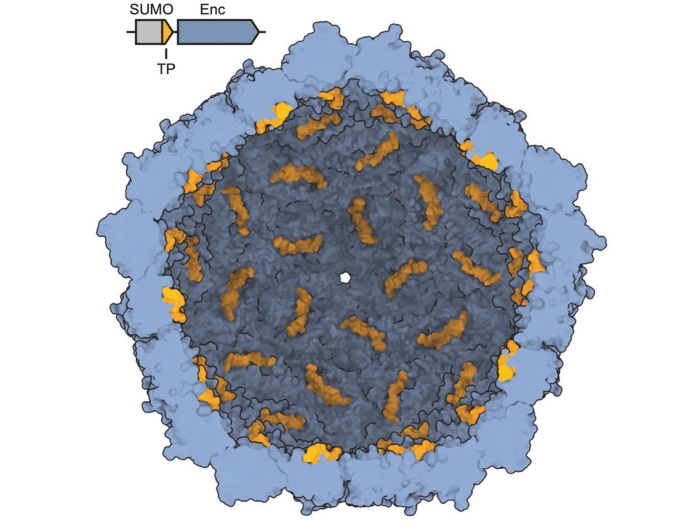
Department News
The Giessen lab publishes a research article in Nature Communications.
Department News
An article about a program to promote faculty diversity co-authored by Ruma Banerjee and two research articles by Banerjee lab members and their U-M collaborators have come into view this week.
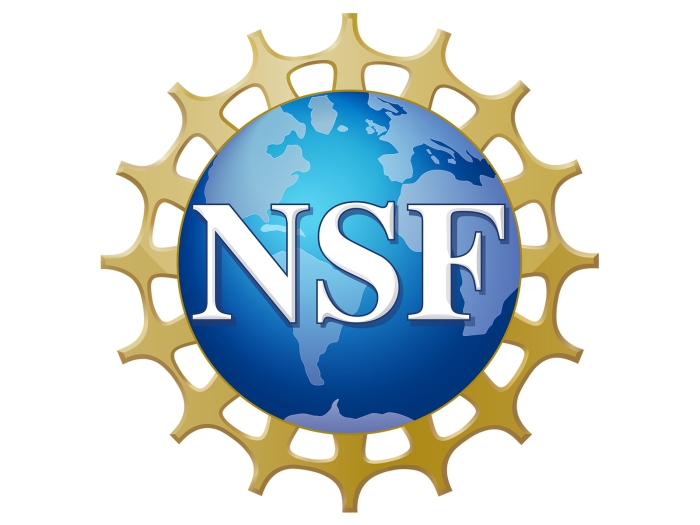
Department News
Assistant Professor Yan Zhang of the Department of Biological Chemistry at U-M Medical School is the recipient of an NSF CAREER award.
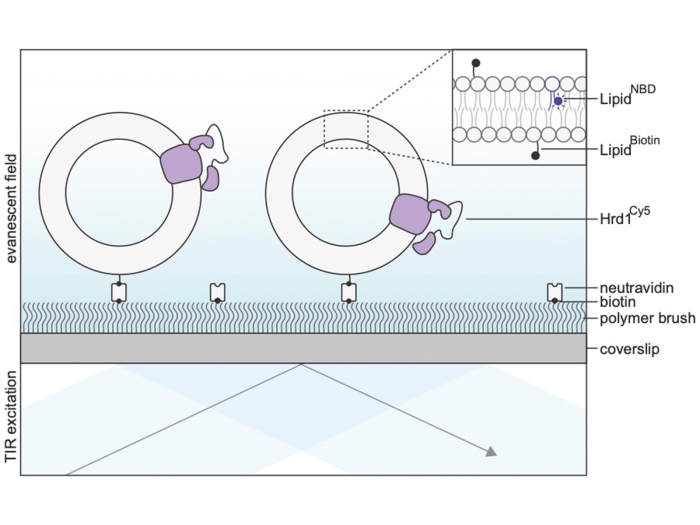
Department News
PhD student Basila Moochickal Assainar is the first author of a research article in Nature Communications.
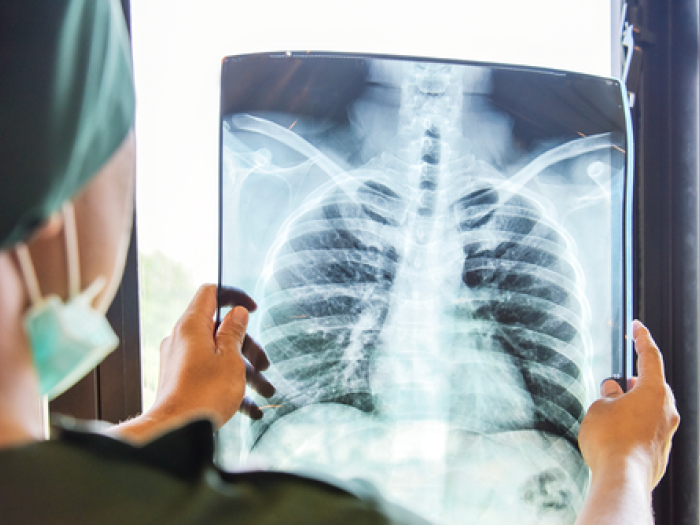
News Release
Through a $4.17M NIH grant, a team of biomedical engineers, medical clinicians and data scientists from the Max Harry Weil Institute for Critical Care Research and Innovation is collaboratively researching ways to develop a portable, non-invasive breathalyzer-type device and corresponding algorithm to quickly and accurately diagnose acute respiratory distress syndrome (ARDS).